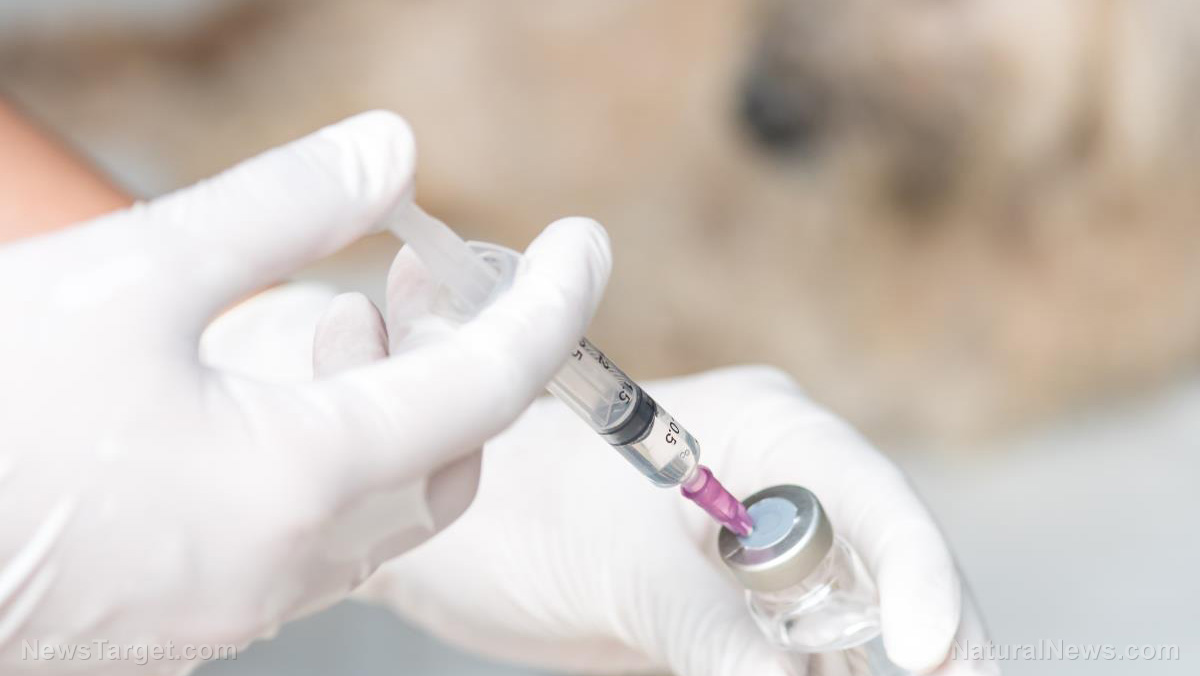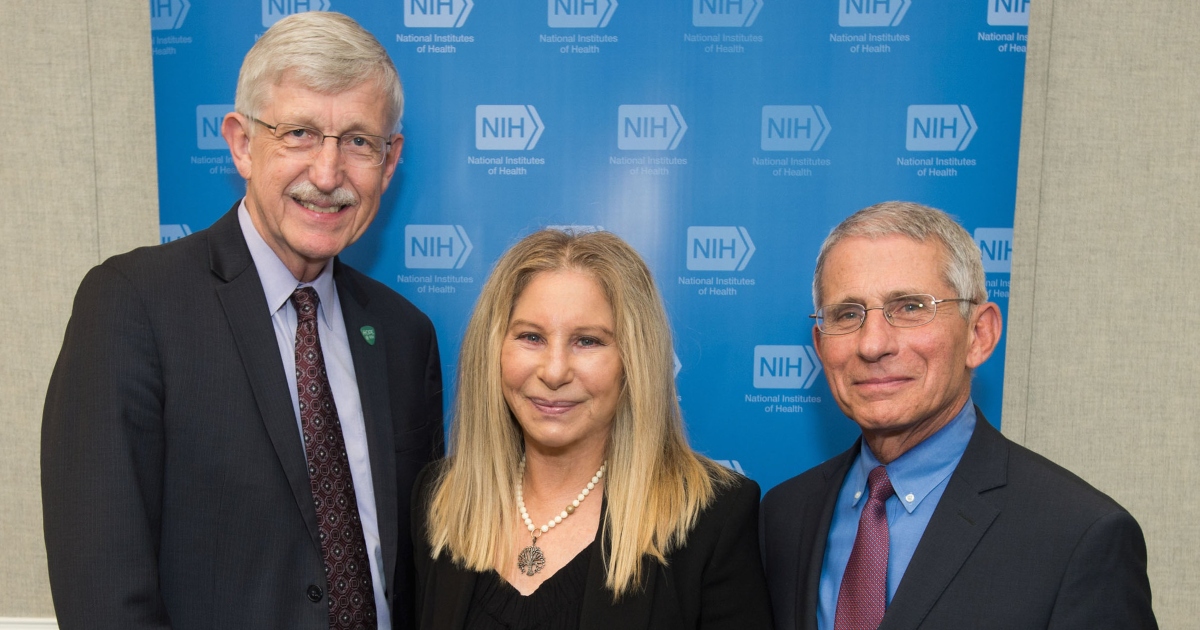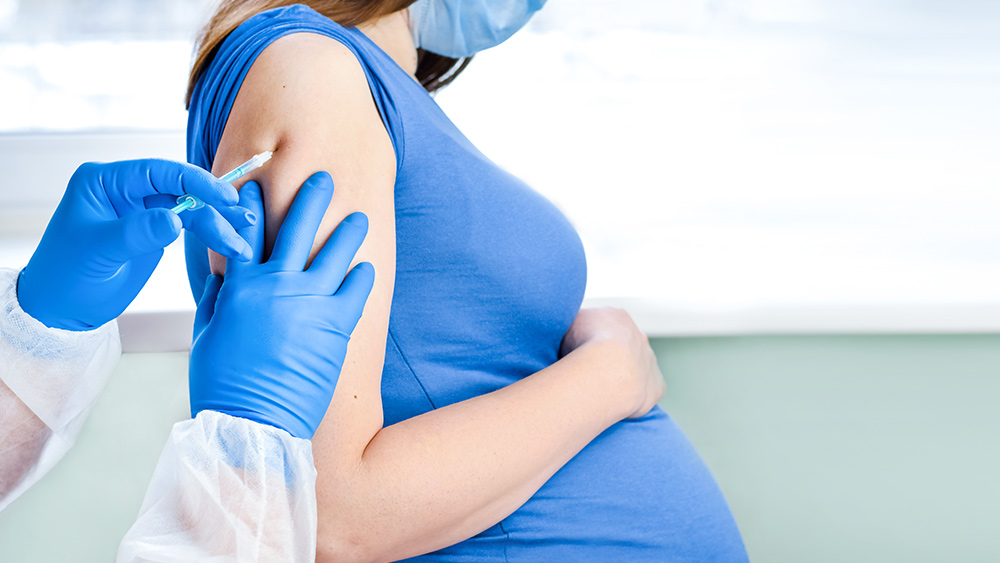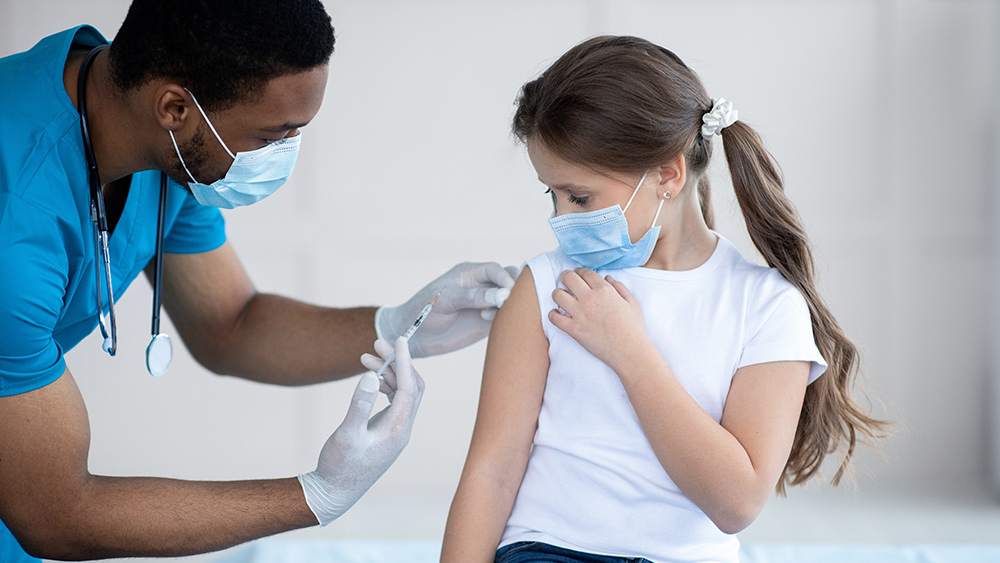Investigating the beneficial properties of Agkistrodon halys venom (from the Siberian pit viper)
07/16/2020 / By Evangelyn Rodriguez
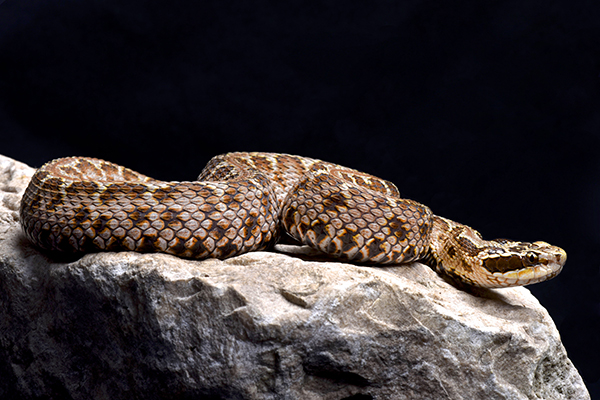
Researchers at Wanan Medical College in China investigated the effects of an extract from Agkistrodon halys (Siberian pit viper) venom on lipopolysaccharide (LPS)-induced myocardial injury. They reported their findings in an article published in the journal BMC Complementary and Alternative Medicine.
- Snake venom is known to contain plenty of bioactive compounds that could potentially have therapeutic effects.
- To explore the beneficial properties of A. halys venom, the researchers used 30 male rats randomly assigned into three groups.
- Rats in the control group and the LPS group were given intravenous injections of a sterile saline solution, while rats in the LPS + extract group were injected with the venom extract.
- After two hours, the control rats received intraperitoneal injections of the same sterile saline solution, while the rats in the remaining groups were treated with 20 mg/kg body weight LPS.
- The researchers then determined the rats’ serum creatine kinase (CK) and lactate dehydrogenase (LDH) levels.
- They also evaluated the anti-inflammatory activity of the venom extract by looking at their serum TNF-a and IL-6 levels, as well as the expression of TNF-a, IL-6, COX-2 and p-ERK protein in the animals’ hearts.
- Meanwhile, the extract’s antioxidant properties were assessed by quantifying heme oxygenase-1 (HO-1) and p-NF-kB protein expression in the animals’ hearts, as well as serum superoxide dismutase (SOD) activity and malondialdehyde (MDA) levels.
- The researchers found that pretreatment with the A. halys venom extract significantly decreased serum CK and LDH levels, reduced inflammatory cytokine production and decreased serum MDA levels in the LPS + extract group.
- The venom extract also increased serum SOD activity and HO-1 protein expression in the heart while decreasing TNF-a, IL-6, COX-2, p-NF-kB and p-ERK1/2 protein expression.
Based on these findings, the researchers concluded that A. halys venom has antioxidant and anti-inflammatory properties that can alleviate LPS-induced myocardial injury.
Read the full study at this link.
Journal Reference:
Wang Q-H, Li W, Jiang YX, Lu XH, Wang GG. THE EXTRACT FROM AGKISTRODON HALYS VENOM PROTECTS AGAINST LIPOPOLYSACCHARIDE (LPS)-INDUCED MYOCARDIAL INJURY. BMC Complementary and Alternative Medicine. 17 July 2019;19(1). DOI: 10.1186/s12906-019-2595-4
Submit a correction >>
Tagged Under:
alternative medicine, anti-inflammatory, antioxidant, breakthrough, discoveries, heart health, heart injury, natural cures, natural medicine, prevention, remedies, research, Siberian pit viper, venom, weird science
This article may contain statements that reflect the opinion of the author

